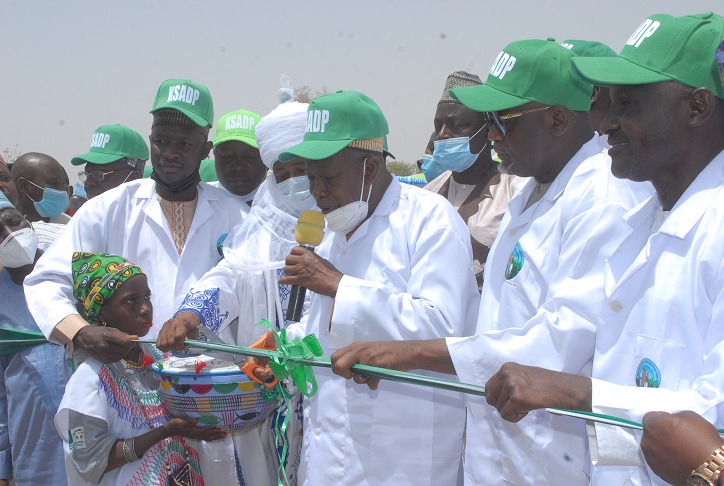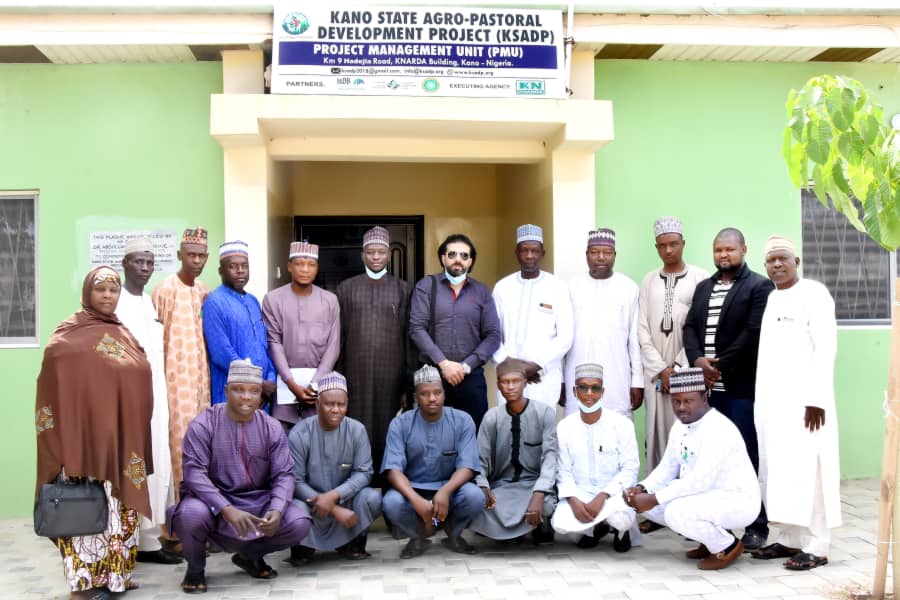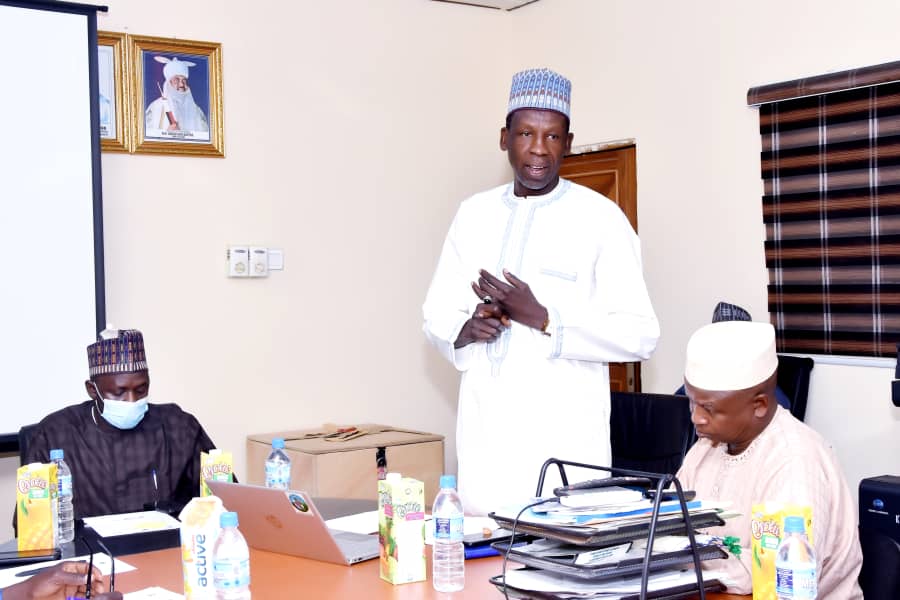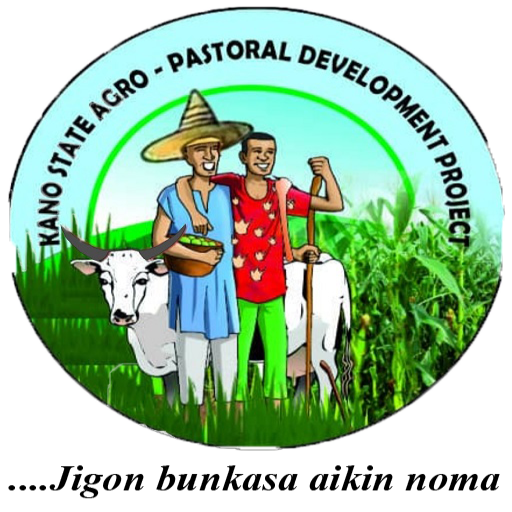Kano state Agro Pastoral Project, KSADP, has disbursed one hundred and twenty eight million, two hundred and fifty thousand Naira worth of scholarships to 115 indigenes of Kano state.
The State Project Coordinator, Malam Ibrahim Garba who revealed this during the flag off of the disbursement, said the scholarship is strictly for students of agricultural extension and livestock related courses.
“The project, funded by the Islamic Development Bank, the Lives and Livelihood Funds and the Kano state government, is supporting five PhD students, 10, Msc students, 50 Ordinary National Diploma and 50 Higher National Diploma students from the Kano, in milk processing, livestock, crop management and extension at Bayero University, Kano, Ahmadu Bello University Zaria, as well as polytechnics and colleges of agriculture”, he stated.
“This intervention is the first of its kind by any project in Kano and is aimed at supporting students from low-come families, who want to pursue their education in agricultural extension and livestock development, in view of its importance to food security and national development.”
Besides the scholarship, Malam Ibrahim disclosed that the project has approved funds for the International Institute for Tropical Agriculture, IITA and ICRISAT, to provide technical assistance to, and supervise the PhD and Msc thesis of the beneficiaries.
He explained that the 115 beneficiaries were selected from 1,250 applicants, adding that the 100 Ordinary National Diploma and Higher National Diploma students will get N970, 000 each for their two years of study, the Msc students will get N2, 050, 000 each while the Phd students will get N2, 150, 000 each, for their two years of study respectively. The amount for each student covers, tuition fees, upkeep, cost of study materials etc.
The Kano State Commissioner for Agriculture, Dr. Jibrin Yusuf Rurum, tasked the beneficiaries to maintain positive attitude by devotion to their studies and by paying attention to skills development instead of anticipating white collar jobs when the complete their studies.
“You should remember that you have responsibility to your communities and the society in general so you should not become liabilities. You should study, not to wait for jobs but to be able to face the challenges of life”, he cautioned.
In his remarks, the Managing Director of KNARDA, Dr. Junaidu Yakubu Muhammad spoke extensively on the achievements of the KSADP, urging beneficiaries of its scholarship programme to make good use of the opportunity, in the overall interest of the state.
Speaking on behalf of the beneficiaries, Malam Umar Musa thanked the Islamic Development Bank the Lives and Livelihood Fund, and the government for Kano state for using the KSADP to sponsor their education, saying they are fully committed to justifying the investment.
Highlights of the occasion include distribution of free laptops to all the 115 scholarship beneficiaries.
Ameen K. Yassar
Project Communication Specialist
2nd January, 2023

















